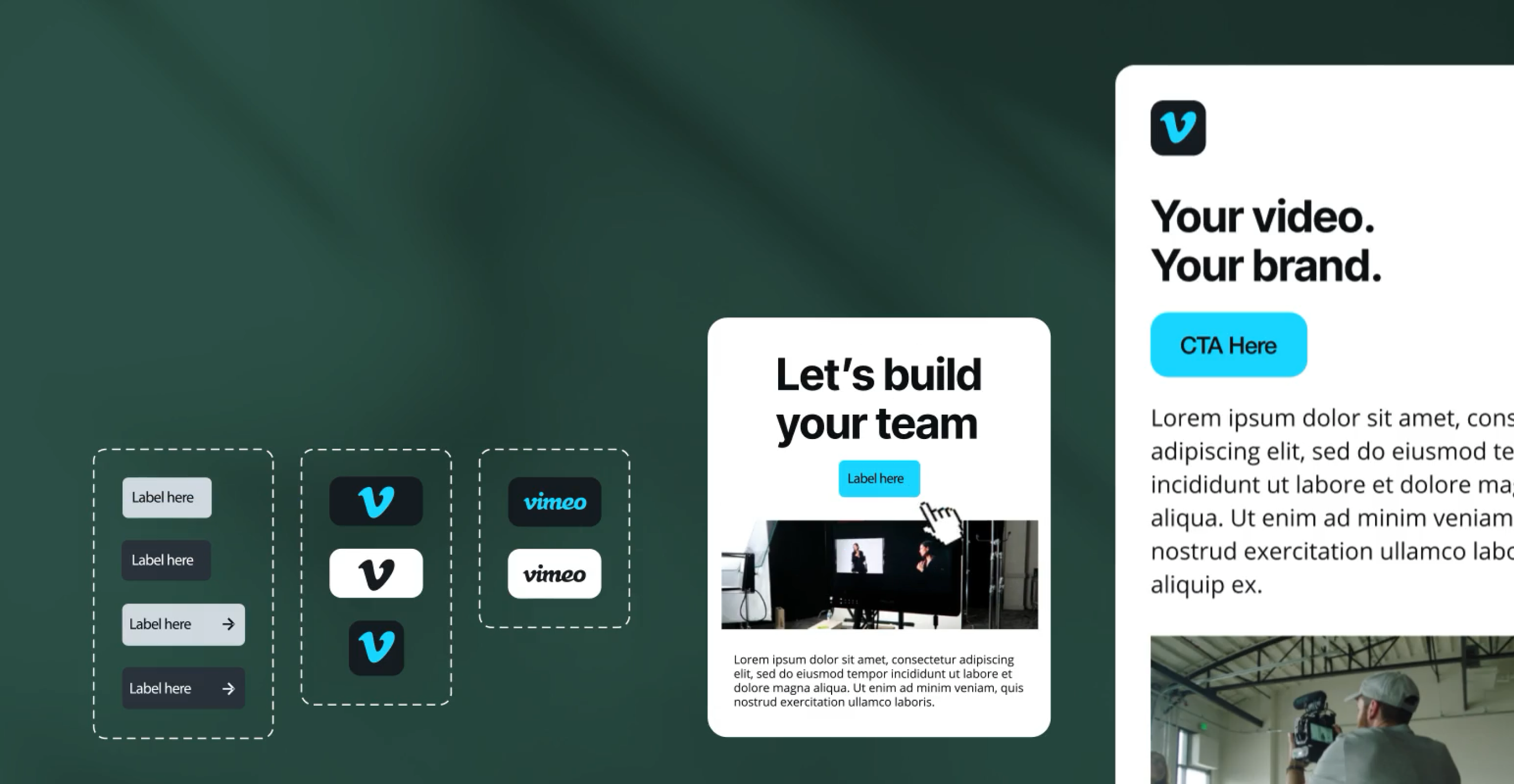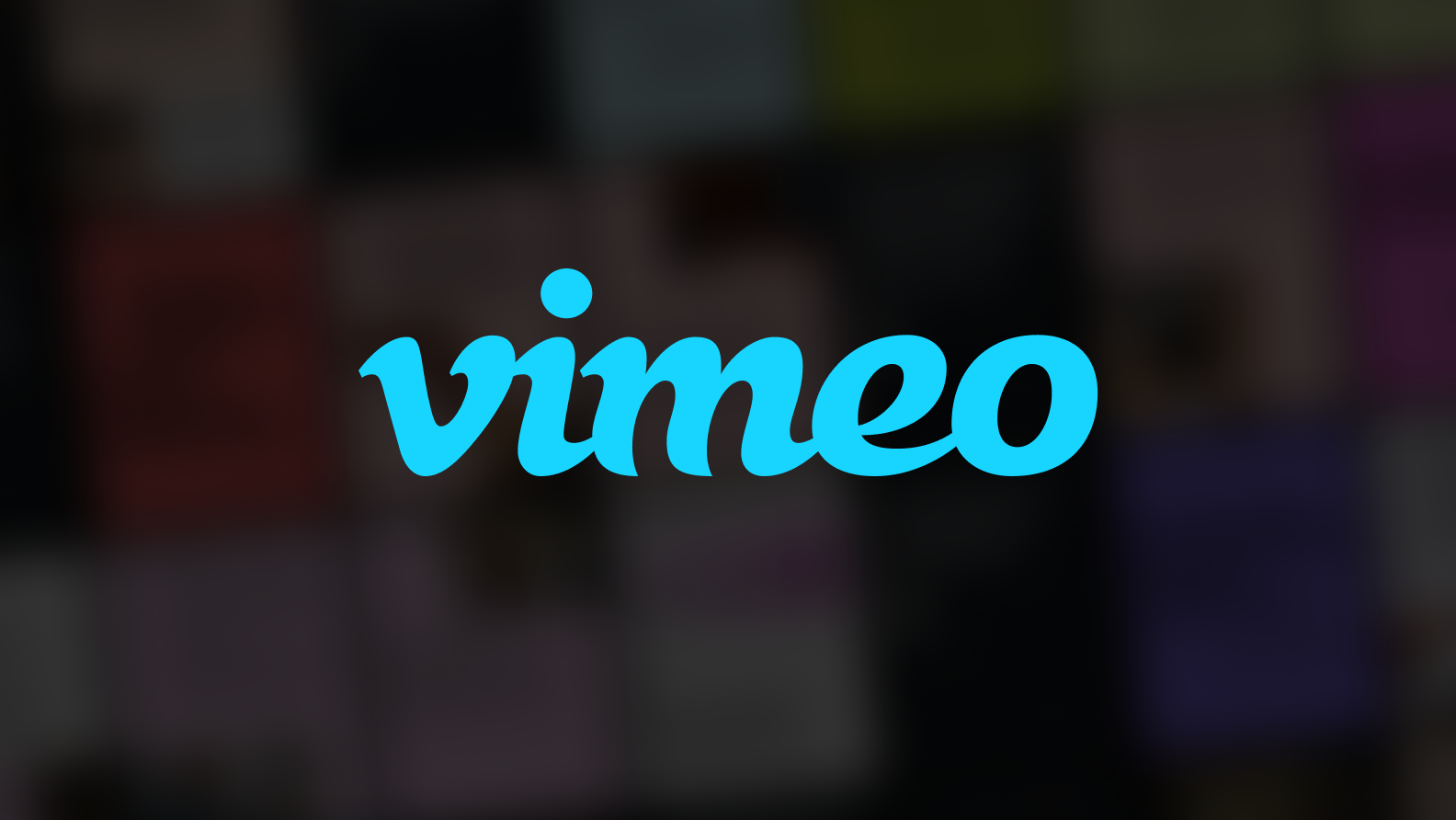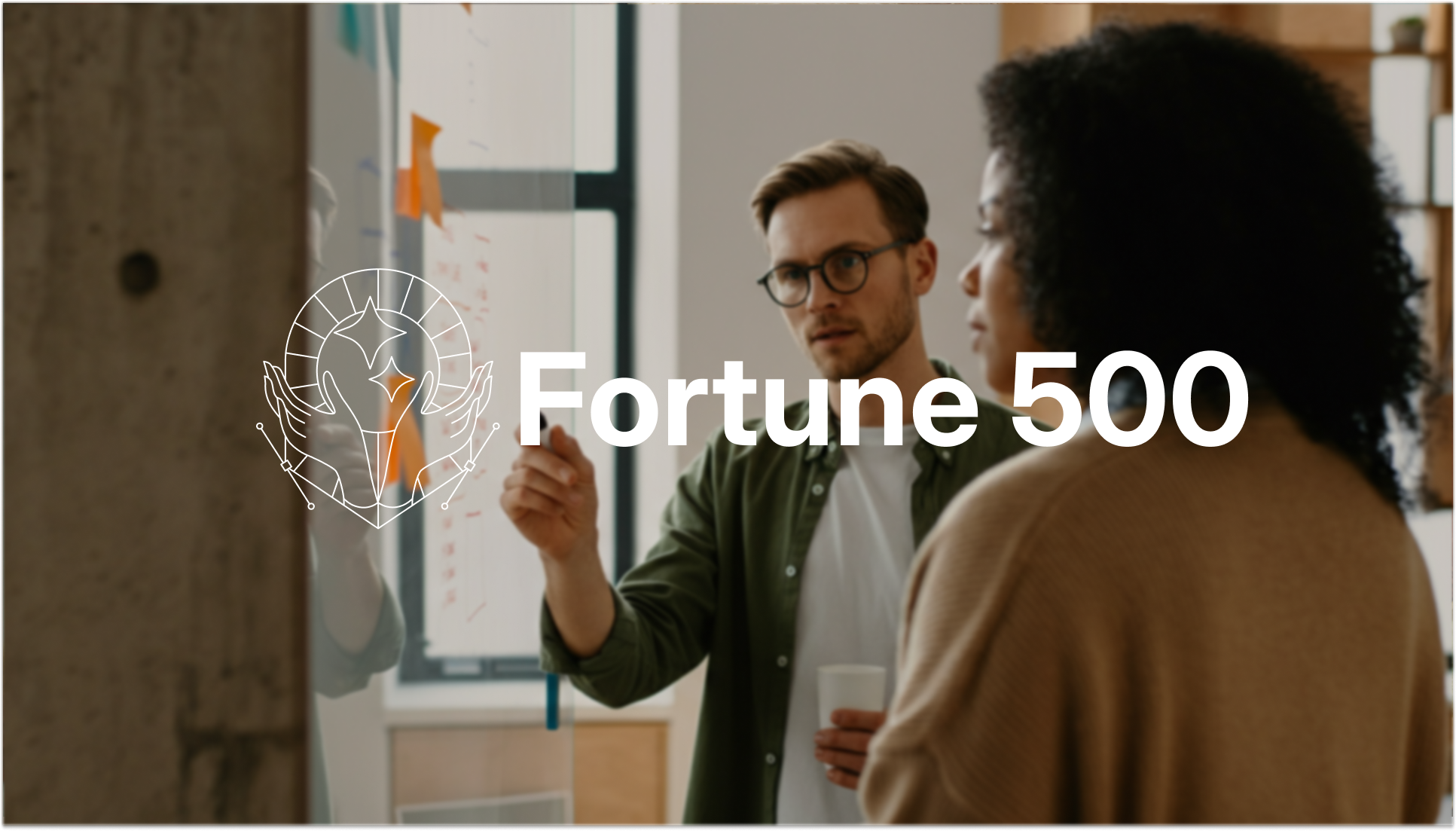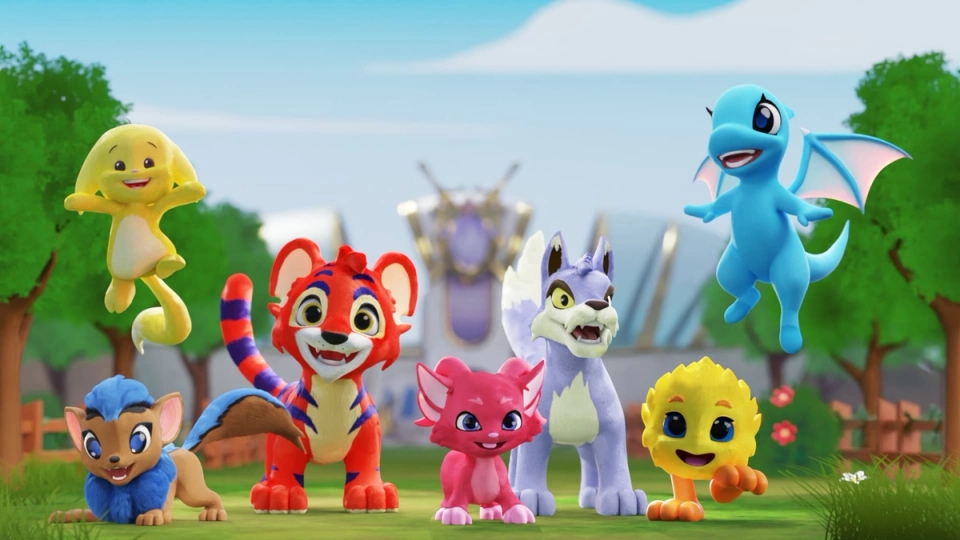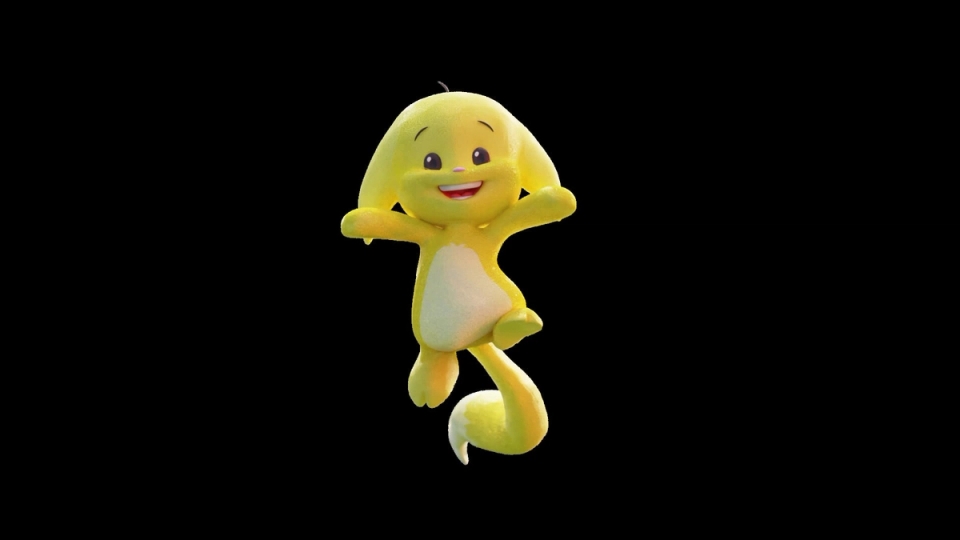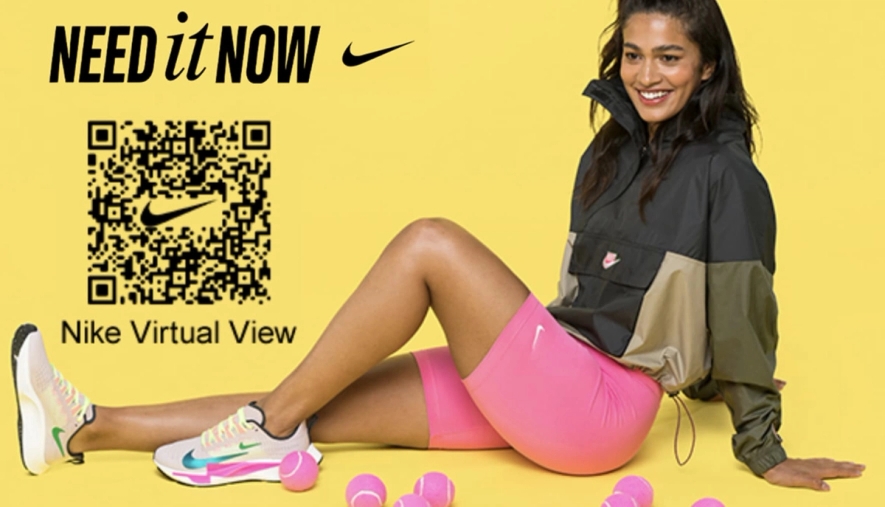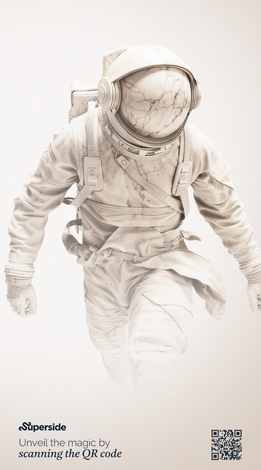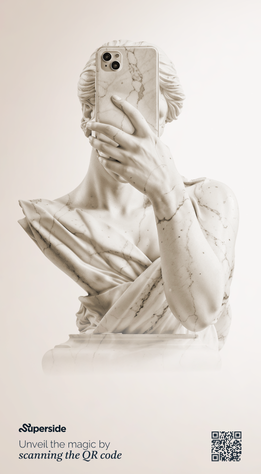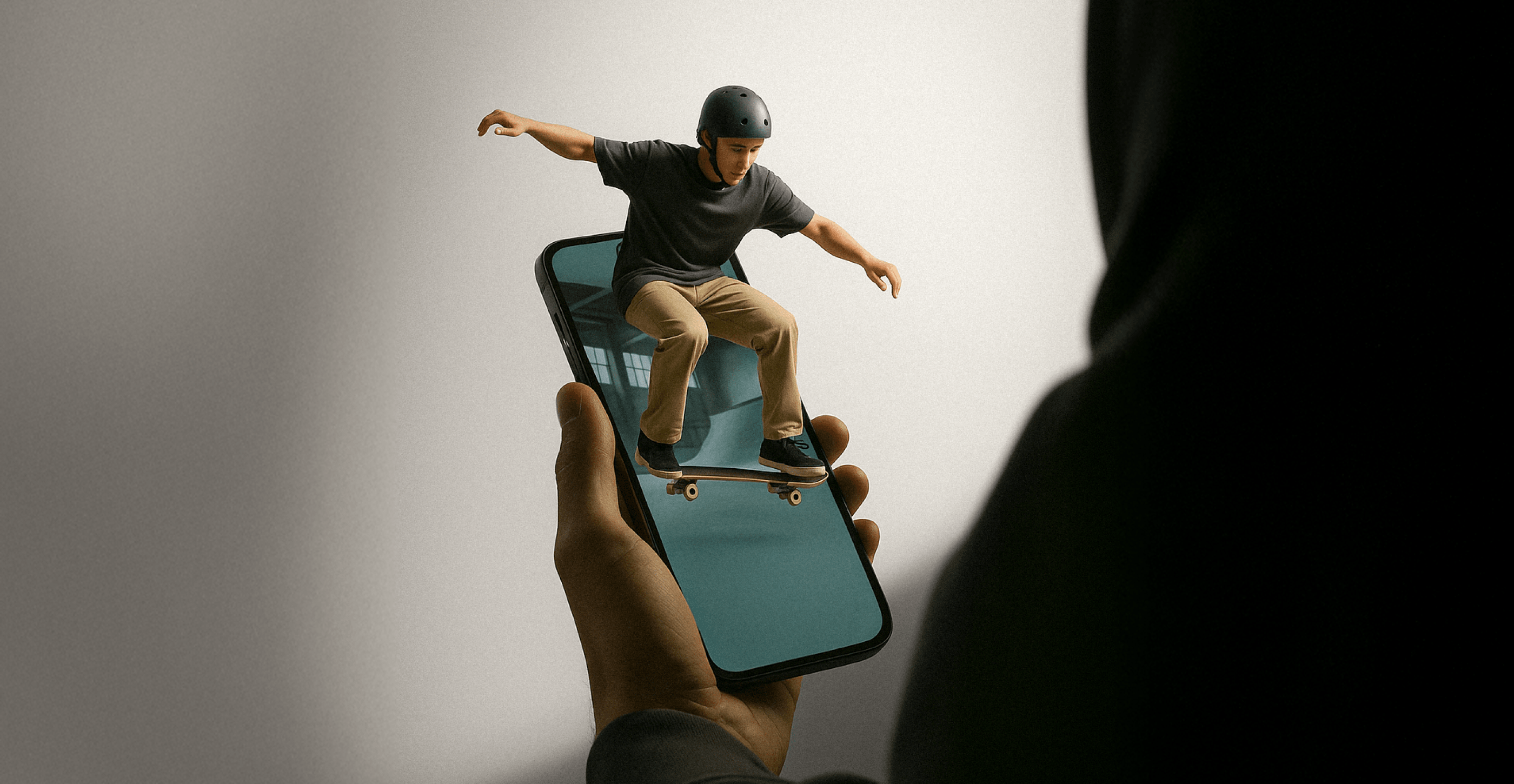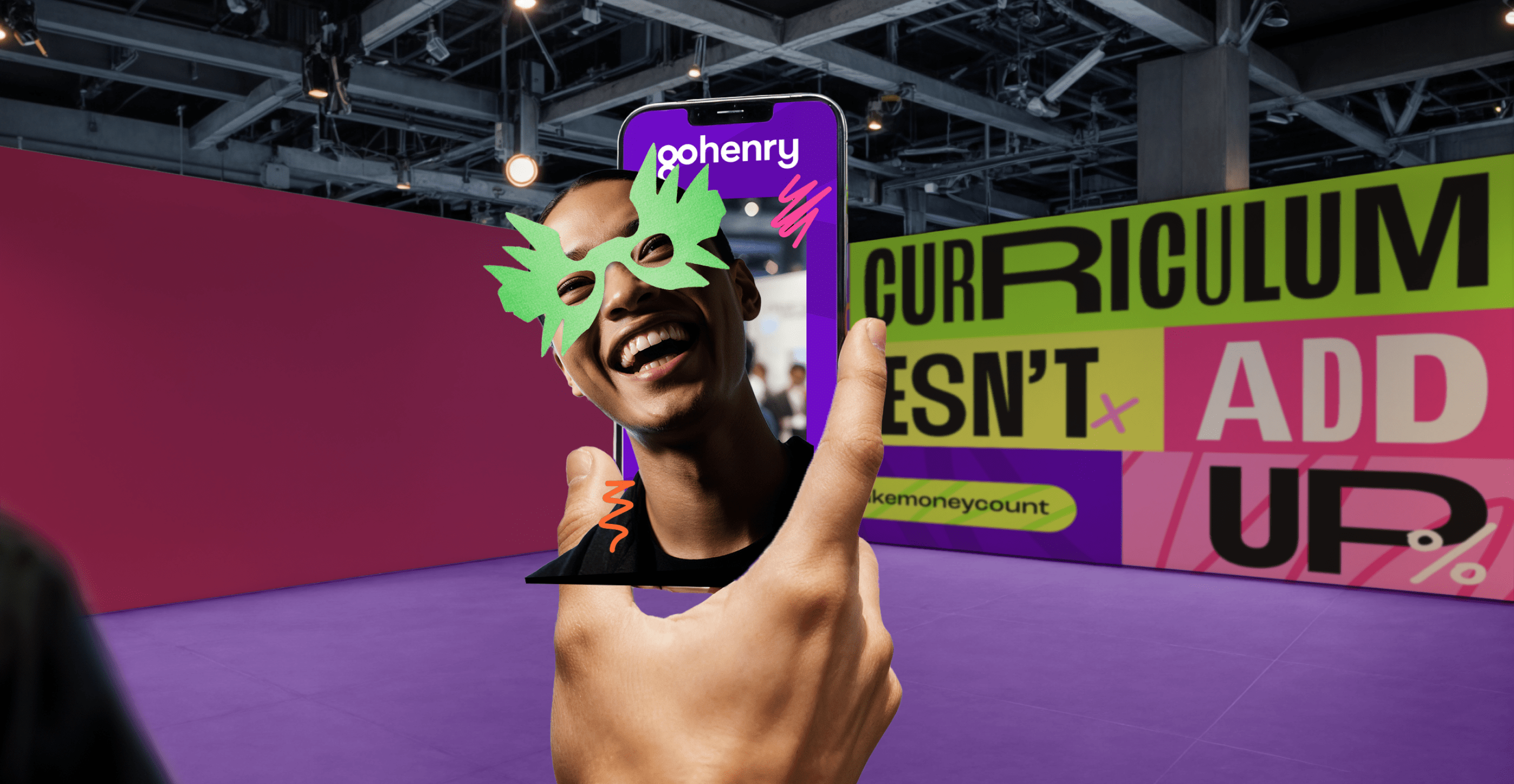
As more brands flock to immersive marketing to provide highly differentiated brand experiences, this article explores immersive marketing, its benefits and real-world examples of the impact. See how Nike, Visa, Lamborghini, 6sense and others (including Superside) are making the most of this billion-dollar opportunity.
If your brand is the sum total of a person’s interactions with you, your product, and your team, what would you achieve if you could build reality around them?
That’s the essential promise of immersive marketing.
By crafting a custom experience that brings customers and prospects into a world of your design, you can show them what your brand stands for in a truly transformative and unforgettable way.
With the support of our Creative Director for Immersive Design, Maryna Razakhatskaya, let’s dive into how you can do that. And, yes, examples are included.
What Is Immersive Marketing?
Immersive marketing is brand experiences, fueled by 3D and AR design, that take experiential marketing to a whole new level. Immersive brand experiences target multiple senses in ways that shape reality around the viewer.
From social media ads to pop-up interactions, immersive marketing brings brands out from behind the curtain and into the world where people live, work and play.
How do immersive marketing and brand experiences work?
Powered by AR and 3D creative and design techniques, immersive experiences challenge and enhance our perceptions, blending the real world with really amazing. Instead of telling or alluding to a concept, immersive takes showing to an entirely new level. Immersive marketing is enabled by technology like mobile phones and wearables, like VR headsets, that use spatial computing to make the experience come to life, whether it's visualizing data or checking out a new pair of shoes. This is why they deliver three times the brand lift at half the cost.
Why brands are embracing immersive experiences
There are things you can’t do in person that you can do with immerse technology and really capitalize on globally. Not only does it increase global reach, it also expands sponsorship opportunities.
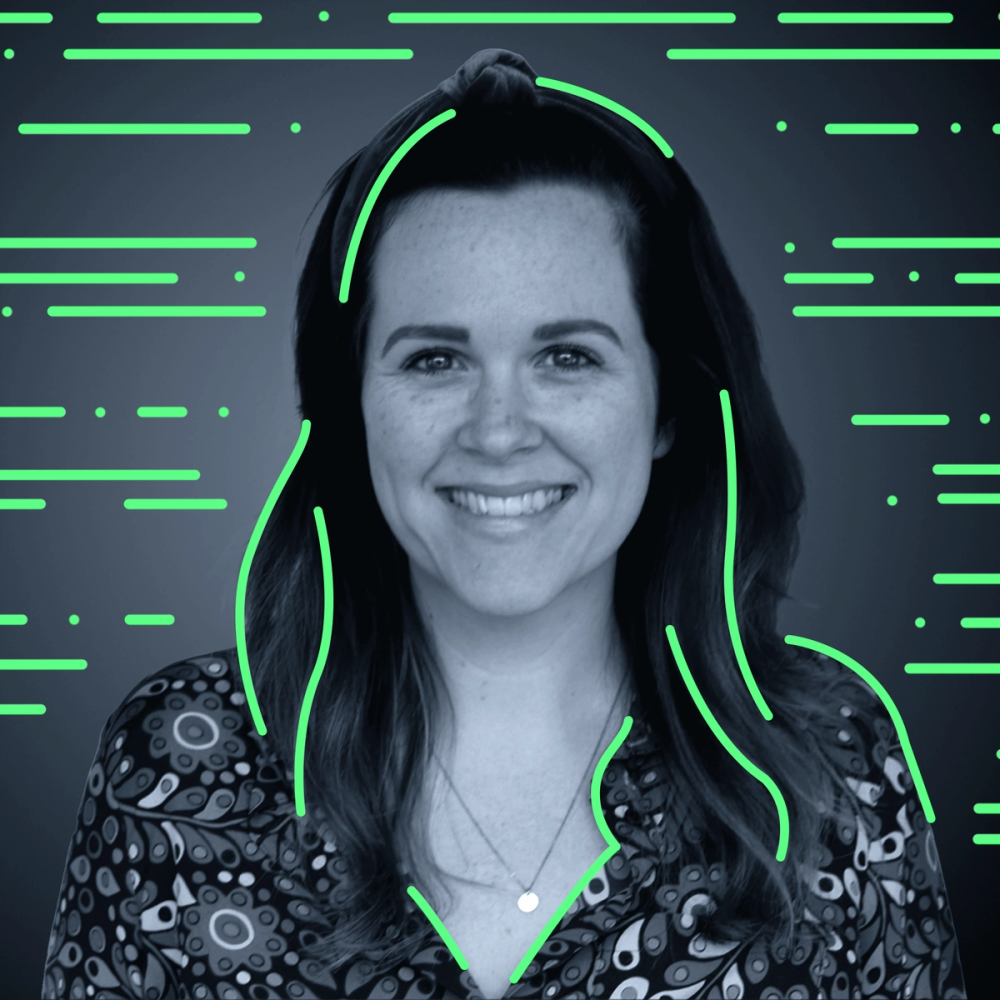
For one thing, when people get excited about new tech, marketers get excited too. That’s something Gartner calls the Hype Cycle, which maps out the excitement around that tech into five stages:
- Innovation Trigger
- Peak of Inflated Expectations
- Trough of Disillusionment
- Slope of Enlightenment
- Plateau of Productivity
Source: ResearchGate
When it comes to the technology involved in many immersive experiences (e.g. AR and VR), it’s safe to say we’re firmly past the Peak of Inflated Expectations, and likely through the Trough of Disillusionment as well. That places us firmly in the Slope of Enlightenment if not the Plateau of Productivity territory.
Beyond the hype, immersive brand experiences fuel creativity and innovation, opening millions of doors to millions of new realities.
How do we know?
The market for AR will reach $330 billion by 2028—21X its sizable $16 billion 2020 valuation.
Marketers already know that most consumers (84%) are interested in AR and more than half of social media audiences will soon use AR regularly—interacting with brands at home, at events and almost anywhere.
The rising popularity of VR headsets, including Apple Glasses, is pushing boundaries even further with experiences that take place beyond a mobile phone.
What Kinds of Immersive Brand Experiences Are There?
While marketers and customers alike might immediately think of VR headsets and AI-powered filters, there are tons of other methods for building these immersive experiences. Let’s cover some of the most popular.
AR ads
AR ads have gone from feeling far-fetched to fetching plenty of attention from audiences and demand from creatives and marketers. AR filters, often paired with video/reels (like the example from Coke below), help 90% of brands triple their brand lift. AR advertising also increases the likelihood of buying 53%.
See more awesome AR ad examples.
Fake out-of-home (FOOH) advertising
They're real advertisements, the catch is they exist in the virtual realm. FOOH combines video and immersive design to create vivid experiences that seem all too real, even if they aren't. FOOH's virality delivers millions of views a power of 10 above thousands of views for traditional posts. And the creative possibilities are almost endless from street art to characters the size of skyscrapers.
Immersive rooms and brand fun houses
Some of the most powerful immersive marketing campaigns pair AR and VR with purpose-built, real-world spaces, combining atmosphere with technology to radically reshape and redefine the overall experience. For example, Monopoly Lifesized lets players (visitors) step inside a full-size version of the board game.
Source: Monopoly Lifesized
Product showcases and interactive 3D data
A 3D product visualization creates an experience where audiences can engage with a product in real-time, like it’s actually there, letting them try before they buy. With 2.14 billion online shoppers worldwide, there's a reason virtual try-ons are appealing. Just ask Ikea. And if you want to make data immersive, give it dimension.
3D character and game design
As the tech available to marketers becomes more and more advanced, the line between entertainment and marketing gets blurry. That’s why many immersive marketing campaigns rely on 3D characters and gamification to reward customers for engaging with their brand, turning them into players and fans.
Event-based experiences
The biggest use case for AR—I would say 80-90% of our clients—come to us about events. They want to be brilliant at an event. They want their booth to be the one people speak about. They want attendees engaging with their content and so on.
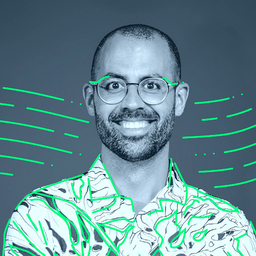
Marketers get excited when they talk about how AR and VR are used for immersive marketing, but you don’t necessarily need tech to build an immersive experience.
Think of Walt Disney World. Sure, it’s a theme park first, but it’s chock-full of opportunities for marketing and branded experiences. Every ride, event, and food stand reinforces the Disney brand while allowing marketers to communicate a very specific message to visitors—like promoting an upcoming film.
You don’t need to build your own theme park to get these benefits. Even having a booth at an existing event that immerses visitors in what your brand is about can have a massive impact.
9 Examples of Brands Embracing Immersive Marketing
These immersive marketing examples scratch the surface of what's possible today and going forward. Times have truly transformed from the turn-of-the-century excitement of a fresh copy of a newspaper or magazine to encountering brands almost everywhere you go.
6sense's AR-enhanced event that made sales data a sensory delight
6sense, an account-based marketing software provider runs a flagship annual event called Breakthrough, which brings marketing and sales leaders together to kickstart conversations around marketing innovation. They wanted to build an immersive AR experience that made their campaign methodology come to life and they teamed up with Superside to make it happen.
The result?
A social AR filter that engaged event attendees with the 6sense brand in an unforgettable way.
Check out the full customer story.
Visa X1 played its cards right with 3D product visualization
Imagine if you could hold an upcoming product in your hands—even if it doesn’t exist yet. That’s what X1 Inc. was looking for with its premium credit card. That meant building a 3D graphic from the ground up with AI-enhanced techniques so customers could feel like the card was sitting right there in front of them.
Another benefit of a product showcase like this is that it can serve as a basis for an AR filter, an animated billboard and just about any other immersive marketing campaign a marketing team can imagine.
Doodle Labs went 3D to demo drone tech
Doodle Labs, a provider of secure, private wireless mesh networks used both commercially and by governments, faced a serious problem. Whenever they went to conferences and similar events, they tended to blend in with the masses. That’s why they teamed up with Superside to revamp their branding and create a killer interactive animation that explains exactly what they do.
Potential customers and presenters alike can use this animation to quickly show what Doodle Labs technology can do, creating an immersive experience that stands out on the trade show floor.
Check out the full customer story.
Pizza Hut's AR ad campaign that "ghosted" and delivered playful immersion
Ever missed the days of playing classic games while chomping down on pizza? That was the experience at the core of Pizza Hut’s Newstalgia campaign, which combined special pizza boxes with an AR overlay that let customers play Pac-Man as they chowed down.
Source: Pizza Hut
Why did this campaign work so well? Pizza Hut is already a leader in delivery, and they’re serving up a killer experience every time you hear your doorbell ring. Getting to play a game of Pac-Man as you eat is just a sweet bonus that makes the whole deal that much more fun.
Barbie's FOOH makes a big impression
Barbie made it big in 2023, but not just in theaters. When the iconic doll, stepped out from her billboard in Dubai and started strolling in the shadow of the world's tallest billboard, people took notice and grabbed their phones.
In fact, people took so much notice that the event made headlines around the world, including a fact-check article from the Associated Press, written to ease minds and clarify a few things. Fact: This was not a hologram.
Nike's very cool virtual try-ons
Instead of dreaming about slipping your foot into a fresh, new pair of shoes or the t-shirt that caught your eye, Nike has invested in virtual try-on experiences to make this possible.
Beyond the cool factor, the company has lowered its online return rate 28%. They've also earned a "swoosh" for customer engagement with 60% SNKRS app users returning within a week.
Lamborghini sets the pace for virtual test drives
While the Lanzador won't be on the market until 2028, the Robb Report shares car buffs can take it for a test drive, with a simulator built in Roblox.
Blending gaming and showcasing the product, this immersive 3-D experience lets enthusiasts customize their cars and race in virtual time trials. For a little sightseeing, they can also check out the Lamborghini Museum.
Adidas championed new originality with AI-powered 3D characters
At the tail end of 2023, Adidas was struggling to make its mark with Gen Z. They needed a campaign that would make a splash. That’s where the Adidas Ozword campaign came in.
Combine all the tech that was riding high on the hype train at the time—NFTs, the Metaverse, and AI—and you get a campaign that allows customers to express themselves online the way Adidas products let them do that in the real world.
An AI model allowed for millions of potential combinations of a select number of assets, ensuring everyone had their own custom avatar they could take with them throughout the Metaverse. Some customers even saw enough value in their avatars to sell them as NFTs.
Superside showed its AR-enhanced art for experiences
As a creative company, we always want to push the creativity of what we do. Hosting a community event during Config is no different. We wanted something creative at the venue that would stand out and show off the amazing range of design talent at Superside. The immersive experience, enabled by custom Instagram filters, was subtle enough to blend into the evening and, at the same time, mega cool and truly interactive. The art on the wall came to life!
Our guests for the evening loved it, as evidenced by a 4- to 5-minute average user experience. We call that a picture-perfect way to immerse and engage people with design.
Learn more about unlocking opportunities with AR and 3D.
Embrace Immersive Marketing Experiences With Superside
Immersive marketing campaigns go beyond your standard print or digital advertising to invite your audience to engage with your brand. While AR, VR, and similar technology are at the bleeding edge of these campaigns, even tried-and-tested channels like out-of-home can be launching points.
Even with in-house capabilities, having the time and resources to scale immersive experiences is challenging.
Superside's AR/3D designers and experts act as an extension of your team, helping you bring your immersive campaigns to life. We offer both AI-enhanced traditional creative services to support immersive and a wide range of marketing initiatives.
Combined with our flexible subscription pricing and dedicated creative project management, we're your partner for speed, quality and scale.
Want to learn more? Book a call so we can get to know each other.



